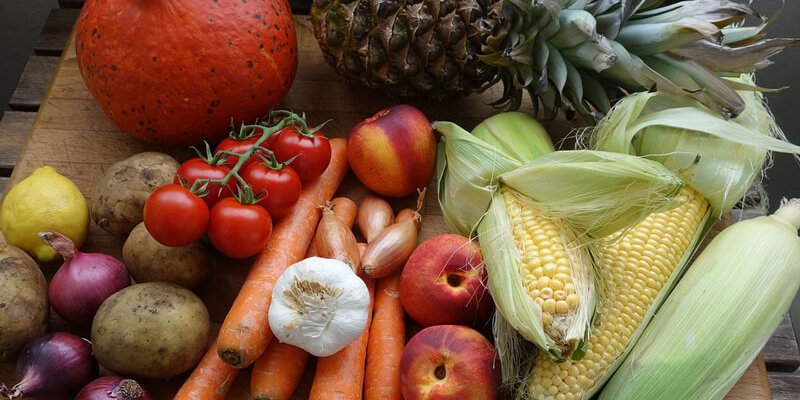B Vitamins, Fibre and your Gut Microbiome – A Helpful Alliance
B Vitamins are a group of important nutrients that perform many important functions in the body. These functions include: supporting methylation (a complex process touching pretty much every system in the body), cognitive health, mood, energy, stress response, immunity and cardiovascular health. Each of the B Vits has its own role to play (see below), but they also work synergistically together.
The types of B Vitamins
- B1 (Thiamine): Helps convert carbohydrates into energy and is important for nerve function.
- B2 (Riboflavin): Involved in energy production and the metabolism of fats, drugs, and steroids.
- B3 (Niacin): Supports metabolism and is important for DNA repair and skin health. Can also influence mood and energy.
- B5 (Pantothenic Acid): Crucial for the synthesis of coenzyme A, which is important for fatty acid metabolism.
- B6 (Pyridoxine): Involved in amino acid metabolism, red blood cell production, and the synthesis of neurotransmitters. Important for cardiovascular health.
- B7 (Biotin): Supports metabolism of fats, carbohydrates, and proteins; also important for healthy hair, skin, and nails.
- B9 (Folate/Folic Acid): Vital for DNA synthesis and repair, and important during pregnancy for foetal development.
- B12 (Cobalamin): Essential for red blood cell formation, neurological function, and DNA synthesis. Also important for cardiovascular health.
But did you know that some of these B Vitamins are made in your gut by your microbiome? Mainly Vitamin B7, B12 and Folate.
New research from Luxembourg Institute of Health has found that there is a critical link between fibre intake, gut bacteria, B Vitamins and immune health.
It seems that where there is a low intake of fibre in the diet, a marked decrease in microbiota-produced B Vitamins was observed. Apparently, in the absence of fibre, our gut bacteria use up the B Vitamins for themselves leaving less for the host. In contrast, adding in high fibre foods or supplements such as inulin restored production and re-established immune balance.
Prof Mahesh Desai who led the study said “Our findings underscore the significant role of dietary fibres in modulating the gut bacteria’s metabolic output, particularly in enhancing the availability of B vitamins. This, in turn, has a profound effect on the host’s immune landscape. Since deficiency of B vitamins is associated with a plethora of diseases, our study highlights the potential for dietary interventions to boost B vitamins in the large intestine in order to support immune health.”
Key Takeaways:
Increase your intake of dietary fibre from:
- Vegetables
- Fruits (but not too much because of the sugar)
- Wholegrains such as Rolled or Whole Oats, Brown Rice, Quinoa, Buckwheat
- Lentils & Beans
- Nuts and Seeds
Fibre supplements can also help such as inulin, psyllium husk, PHGG (Partially Hydrolysed Guar Gum). Make sure you drink plenty of water with these and ask me where to buy them.
However, you cannot rely on fibre alone to provide all your B Vits so:
Increase your consumption of B Vitamins from foods:
- Animal proteins – meat, fish, eggs, dairy
- Nuts and seeds
- Whole grains (see above)
- Lentils and Beans
Contact me now to book an assessment of your fibre and B Vitamin intake status, or view my full services.
Image by Isabella Dornbrach from Pixabay

